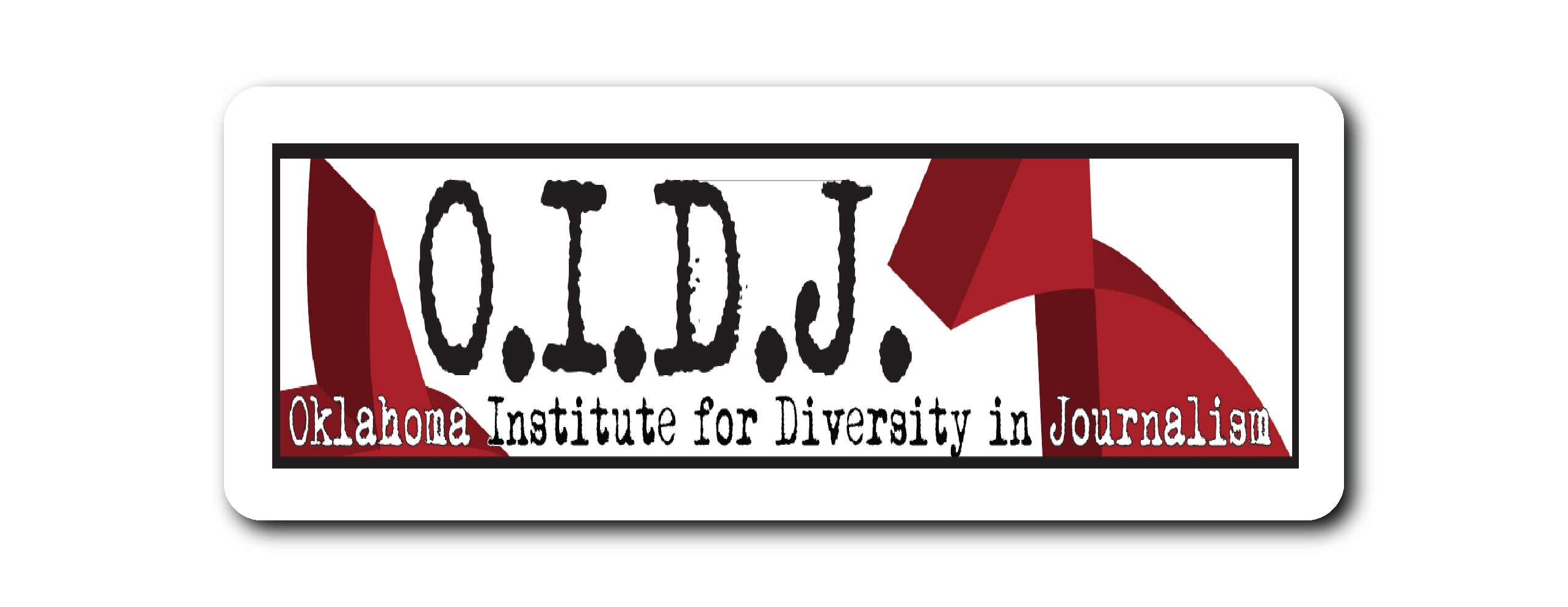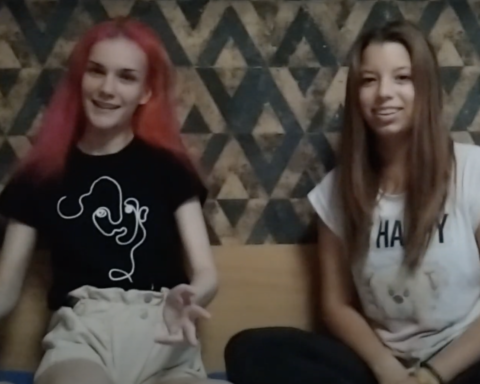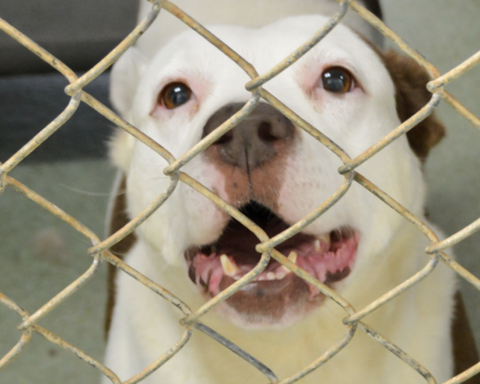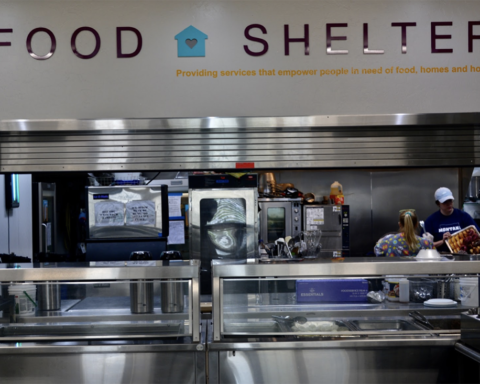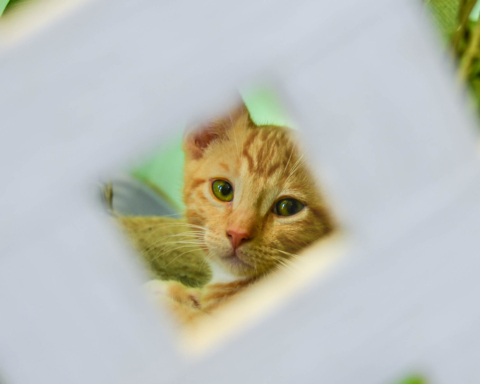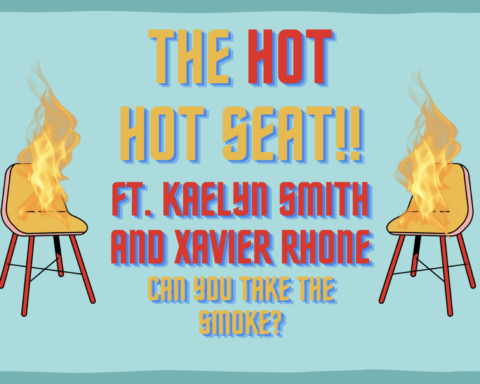By Harry Lymberopoulos
Jenks High School
The National Collegiate Athletic Association on July 1 enacted new policies to allowstudent-athletes to be compensated while in school for deals based on their name, image, and likeness.

What happens next – for athletes, the college they play for and sports at large – will be one of the most watched outcomes in the college seasons ahead.
The NCAA allowed student-athletes to pursue compensation because of a 2019 lawsuit in California. Multiple statehouses also pressured the NCAA to enable college athletes to capitalize on their fame. Also, college sports leaders started to discuss a proposal that would have allowed endorsements deals while still permitting schools to reject a deal if it conflicted with their own existing agreements.
While much remains unknown, what is clear is the Sooners are positioning themselves to continue the major successes they have long had when it comes to athletes and their sports.
“I don’t know how it’s going to be. I think, for the school it’s going to be really good,” said Alexis Wilson, an OU rower. “But I think when it comes to like fame and stuff, people are going to go crazy.”
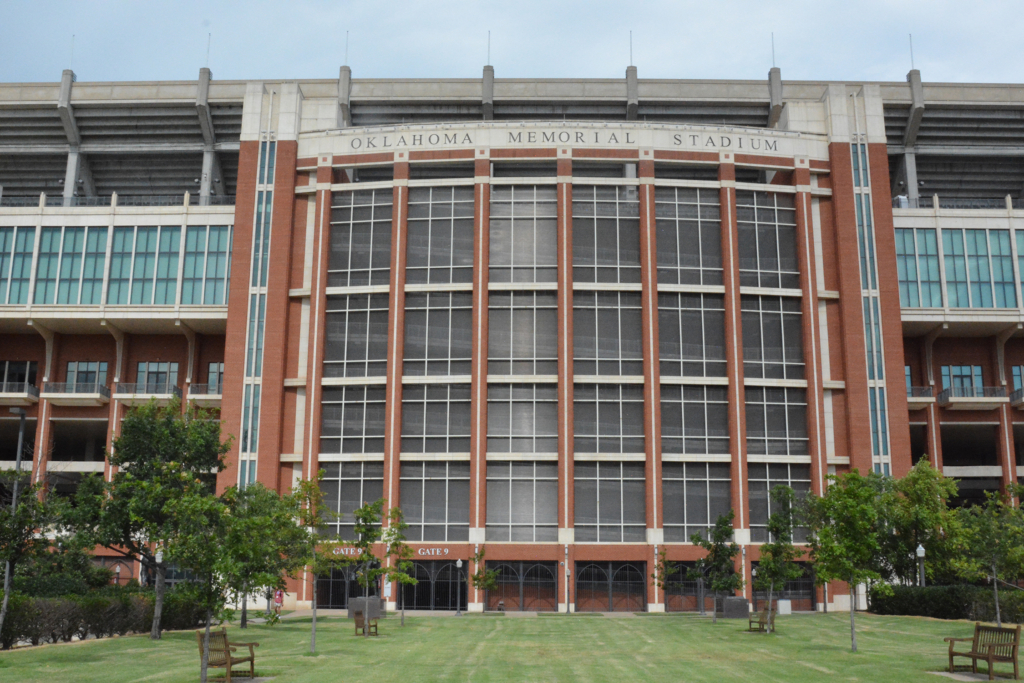
Athletes across OU’s 19 varsity sports are adapting to the new rules.
“My first reaction was, I was kind of shocked,” said Marvin Johnson, an OU men’s basketball player. “I personally didn’t believe it.” Wilson agrees to Johnson’s thoughts. “Yeah, I was really excited because I know that, like there’s a lot of great athletes out there and most of them, I feel like in some sports peak in college,” Wilson said.
While athletes are happy about being able to make money, others are stressed by figuring out how to handle the big opportunity. Many players and coaches worry that players’ business opportunities could become a distraction from their focus to their team.
At the Big 12 Media Day in Arlington, Texas, OU football coach Lincoln Riley faced reporters for the first time since the change and addressed the situation with his quarterback and Heisman contender Spencer Rattler, who has created his own clothing merchandise with Steinberg Sports and recently signed with Cameo.
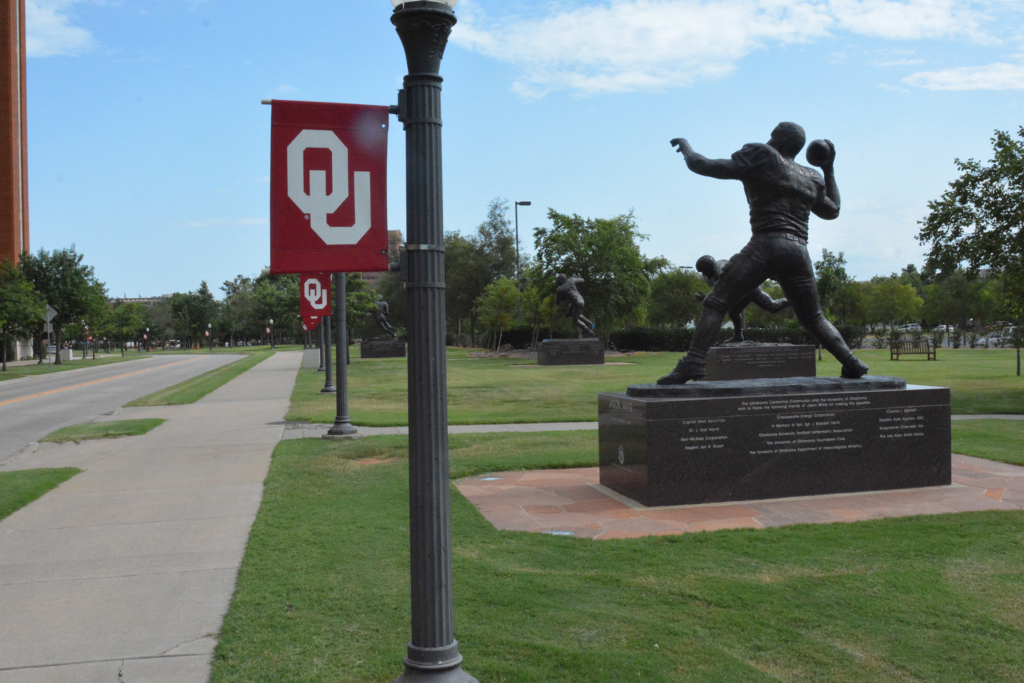
“Spencer is a team-first guy. He is,” Riley told reporters. “He has been his entire time here. We have visited about it. It can be a factor if you let it. You can’t ignore it.”
Some of Riley confidence about his team’s ability to stay on track.
The university is supporting these student athletes in many ways that no other campus has seen before. OU has created a program called “The Foundry” to help guide student-athletes at OU to make the best financial decision and make the right decisions for their brands.
The NCAA has changed the history of college sports and athletes by allowing athletes to make money from their names, images and likenesses. This has never beendone and will dramatically change the course of college athletes and sports. While schools are “uncertain” of the recent news, OU has been embracing the new change through itsculture and hoping to further its reputation for athletic success on and off the field.
